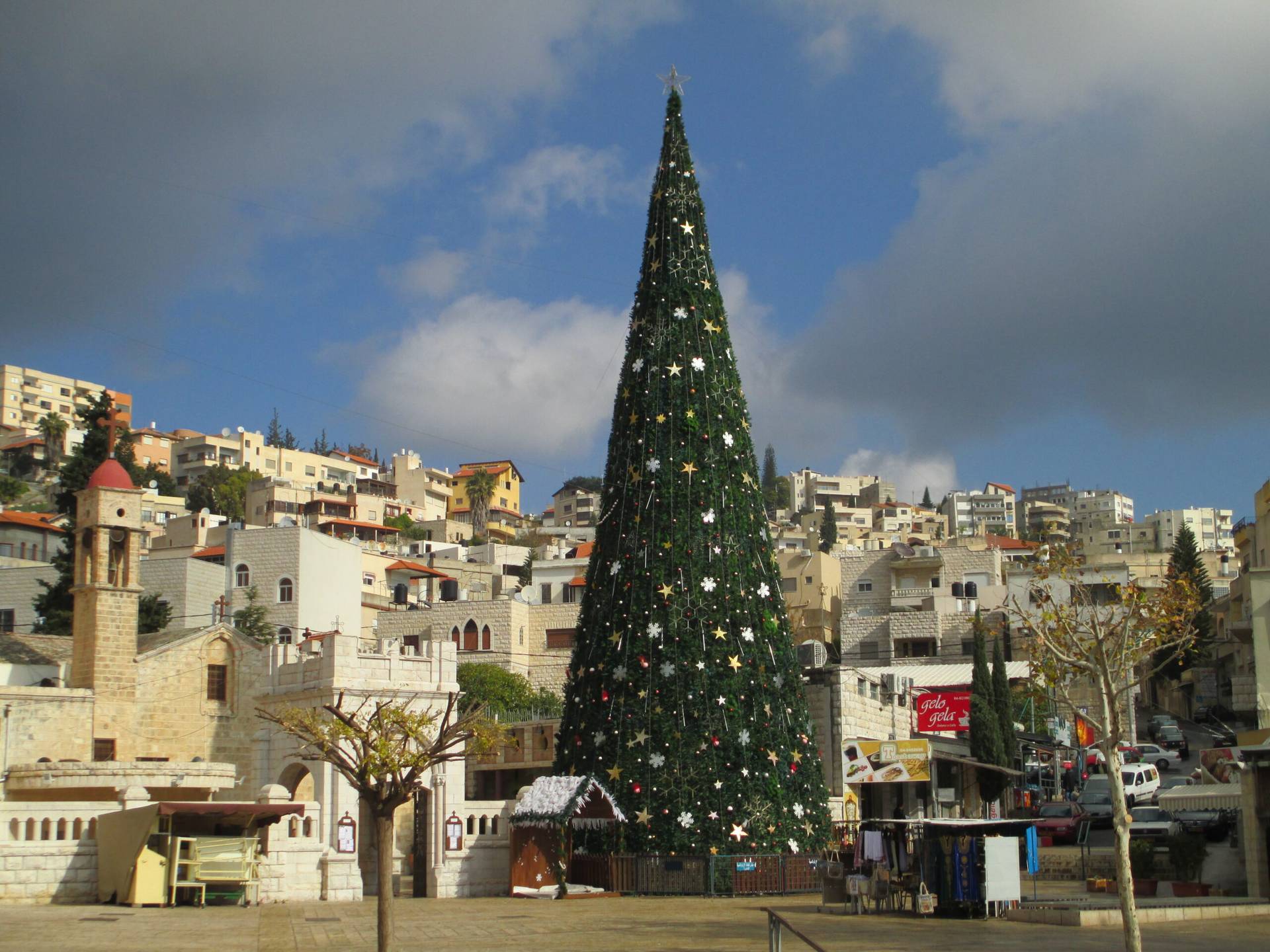After a letter from a brother bishop accused him of falling short when it comes to dealing with cases of clerical sexual abuse, Cardinal Ricardo Ezzati of Santiago, Chile’s capital, has been summoned by the local prosecutor’s office on suspicion of cover-up.
The news was communicated Tuesday through the archdiocesan website, noting that the cardinal will testify in the prosecutors’ office of Rancagua, some 40 miles south of Santiago, where authorities are investigating a network of some 14 priests who called themselves “The Family” and reportedly engaged in sexual abuses, homosexuality and prostitution.
Ezzati has been summoned for August 21 to discuss the “eventual responsibility he might have in the crime of covering up,” according to the website.
“I reiterate my commitment, and that of the Church of Santiago, with the victims, with the search for truth and with respect to civil justice,” Ezzati is quoted as saying.
“I have the conviction that I have never covered up nor obstructed justice, and as a citizen I will comply with my duty to provide all the information that helps to clarify the facts,” he added.
Ezzati been summoned in relation to Father Oscar Muñoz, former chancellor of Santiago, and a former close contributor of the city’s former archbishop, Cardinal Javier Errazuriz, who’s also been signaled by victims of covering up.
Muñoz reported himself to the archdiocese for having abused a minor. Allegations against him reportedly have been made by at least 7 victims, five of whom are his own nephews. One of the abuses took place in his former diocese, Rancagua, which is why prosecutor Emiliano Arias called Ezzati to this city and not the capital.
Arias had raided the archives of Rancagua earlier in the year as a result of allegations against “The Family.” Local reports signal that he found a case against Muñoz there, which allowed him to then raid the archives of the Church in Santiago, which he’s done twice.
Among the material collected was the letter by Archbishop Alejandro Goic, who until recently led the Archdiocese of Rancagua.
Pope Francis accepted Goic’s resignation in June, after the bishop acknowledged he’d taken too long to respond to accusations that priests in his diocese were involved in a ring of abuses. A few days earlier, Goic had resigned his position as head of a national commission for abuse prevention.
In the last month, the pontiff has accepted the resignation of five Chilean bishops, though all of them presented their resignation to Francis in May. This move came after an investigation led by Maltese Archbishop Charles Scicluna uncovered decades of sexual abuse in Chile, as well as cover-up and related crimes such as the destruction of evidence.
During a summit with Chile’s bishops in May, the report led the pope to denounce a “culture of abuse and cover-up” in the Chilean Church.
Survivors and lay groups in Chile have asked the pope to accept all resignations, beginning with Ezzati, who at 76 has technically presented his resignation to Francis twice, the first time when he turned 75.
The news of the cardinal being summoned to testify came a day after the national prosecutor’s office acknowledged that it was investigating 158 members of the Chilean Church, among them bishops, priests, religious brothers and laity. They’ve been accused of either committing or covering up sexual abuse against minors and adults.
In all, they’ve identified 266 victims, including 178 who were children or teenagers at the time of the abuses. The investigations are into reports filed since 2000, though some of the cases date as far back as 1960.
“The temptation would be to focus on those investigated within the Church, but today we must first focus on the number of victims, which is what worries us,” the Chilean Church’s Episcopal Conference said in a statement after the report was released.
On July 30-August 3, the Chilean bishops will meet in an extraordinary assembly to reflect on the situation facing the local Church.
According to spokesman Jaime Coiro, who announced the decision to call the assembly on Monday during a press conference, it will serve as an opportunity to “discern and announce” the short, mid- and long-term decisions Francis has said the Chilean Church must make to tackle the crisis.

















